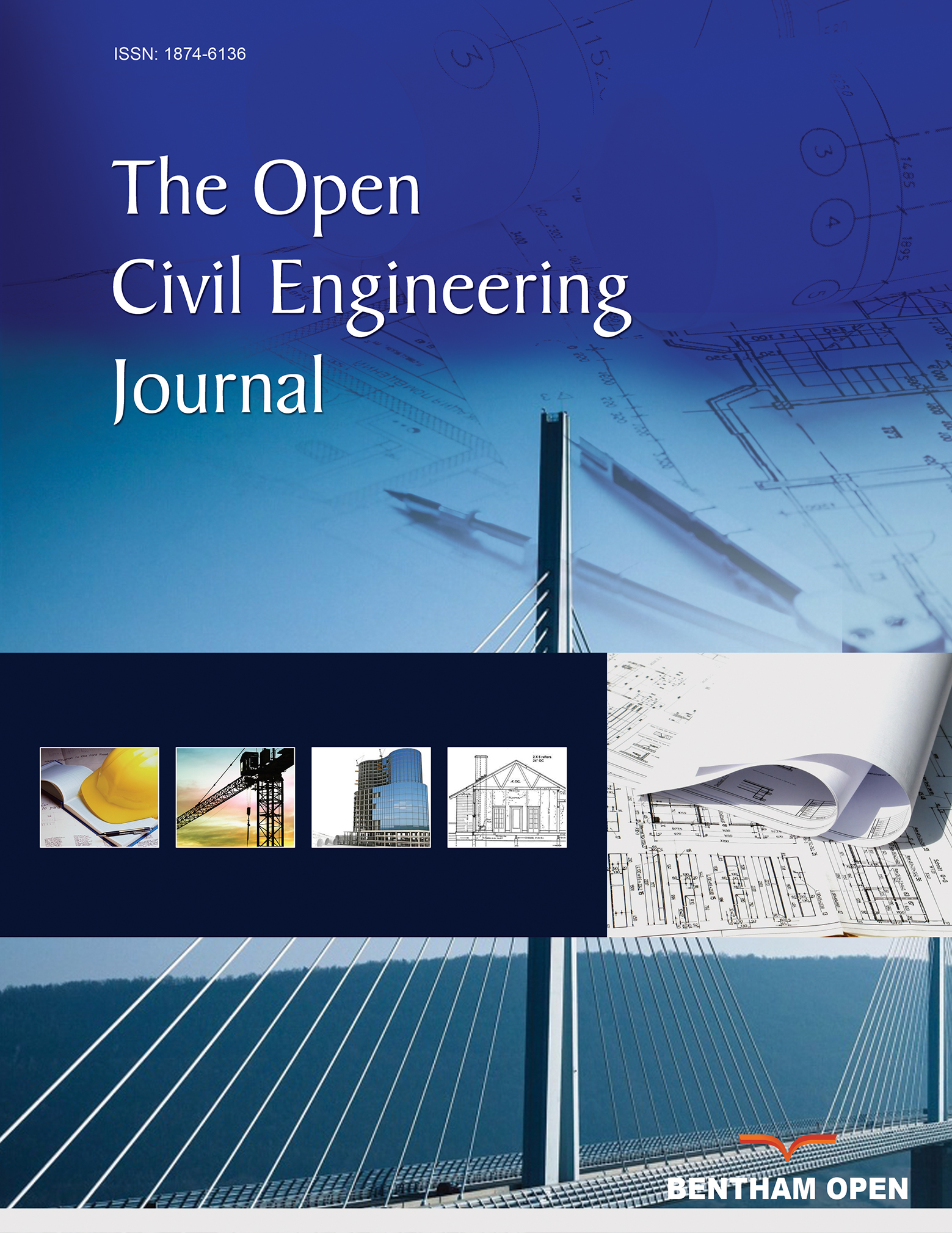All published articles of this journal are available on ScienceDirect.
Strength of Lightweight Structural Concrete Acting under Imposed Load
Abstract
Background:
Expanded polystyrene granules (EPG) can be used as an aggregate for producing lightweight concrete (LWC). EPG was used to make LWC with a density of 1326kg/m3 and 1337kg/m3, while the EPG concrete without fiber had a density of 1320kg/m3. Due to the low strength and brittleness of EPG LWC, the need to improve the properties of this concrete type is necessary.
Objective:
The aim of this paper was to research and investigate possible ways of enhancing the mechanical properties of EPG LWC. Hence, the investigation of this research work focuses on the use of chopped basalt fiber (BF) and steel fiber (SF) separately as dispersed reinforcement in EPG concrete to improve the compressive strength of EPG LWC.
Methods:
A general review from previous researchers on similar research was conducted, and then the experimental method was used to investigate the effect of BF and SF on the compressive strength of EPG LWC. Nine EPG concrete series were produced and tested. Compression testing was used to measure the compressive strength of the concrete sample. The density was determined by mass volume.
Results:
The results show the effect of BF and SF in the EPG concrete. The EPG reinforced with BF obtained its maximum compressive strength when 1.5% BF was incorporated in the EPG concrete and while EPG concrete reinforced with SF obtained its maximum compressive strength when 1% SF was included in the EPG concrete.
Conclusion:
Based on the results, the amount of fiber added to the EPG concrete affects not just the compressive strength but also the concrete density.


